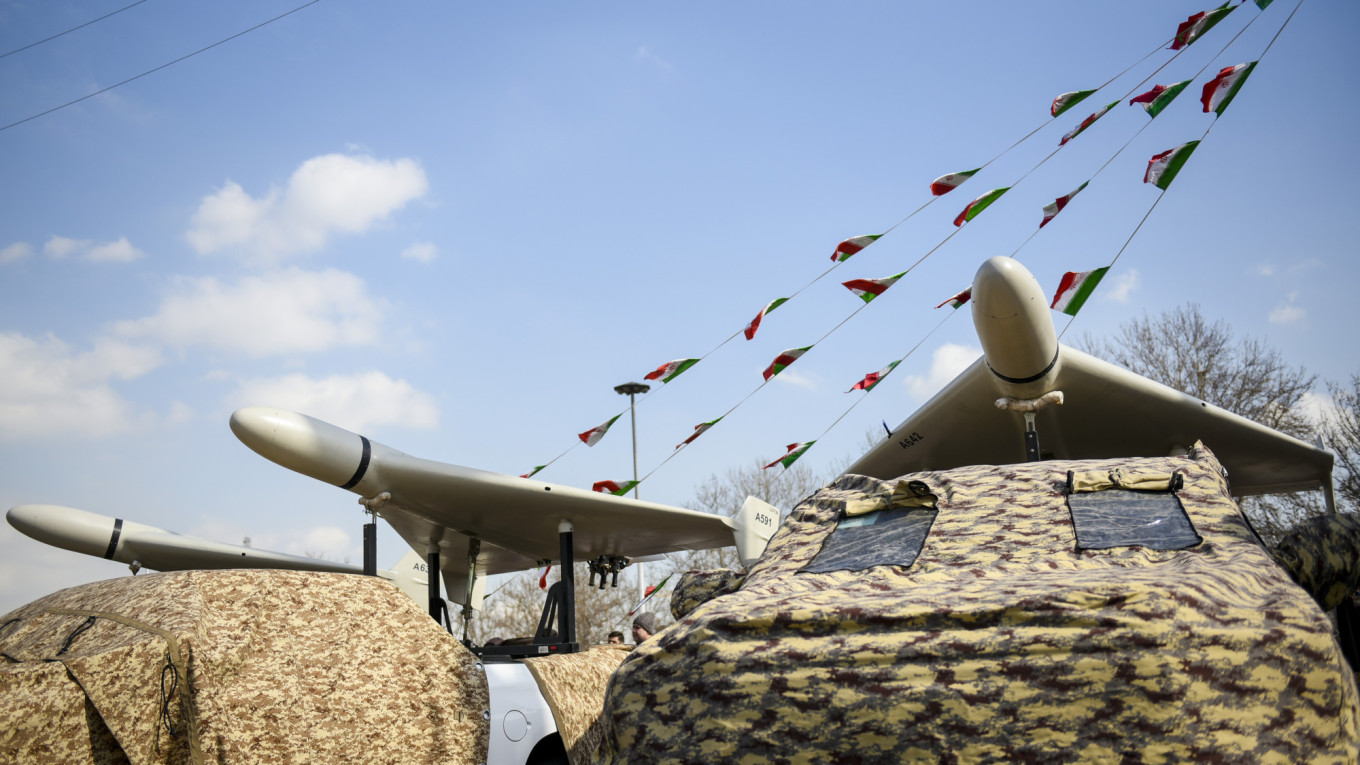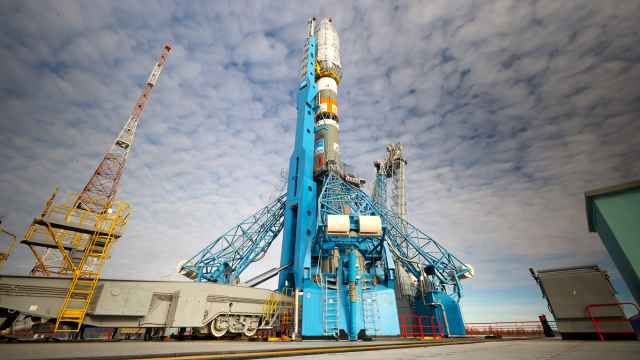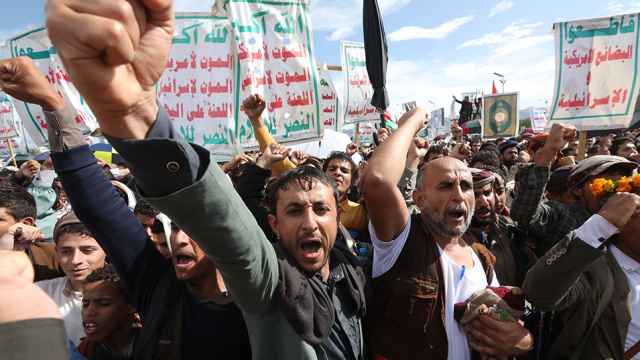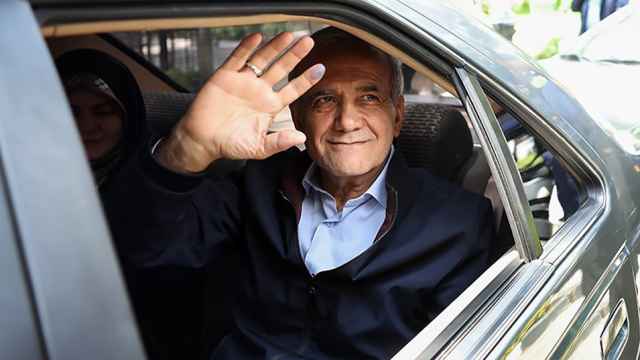Iran and Russia have solidified their partnership amid global geopolitical instability, which signals a growing importance of their cooperation over the years to come. The Comprehensive Strategic Partnership Agreement, set to be formalized during Iranian President Masoud Pezeshkian's official visit to Moscow on Jan. 17, marks a significant step in the evolving alliance between the two nations. With both countries aiming to face common challenges, this partnership has far-reaching implications, particularly for defense, trade and energy.
Key areas of collaboration, including transportation, the energy sector, defense, and regional security, will be at the heart of this historic agreement. The relationship between Tehran and Moscow extends beyond mere economic exchange as it has evolved into a comprehensive strategic partnership that reflects their shared interests in regional stability and countering Western influence.
The economic landscape for both Iran and Russia has been shaped by their shared dependence on energy exports and their experience under international sanctions from the West. The growing alignment between the two countries has presented quite a unique opportunity to overcome these challenges and open novel avenues for economic growth.
One of the central pillars of this partnership is the North-South Transport Corridor, a vital infrastructure project that will facilitate trade between Iran, Russia and several other regional and international partners. This strategic investment in transportation networks clearly indicates Moscow and Tehran’s intent to boost trade relations and secure mutual benefits in the years to come, effectively countering Western sanctions.
In addition to transportation, energy remains at the core of the Iran-Russia partnership. With sanctions limiting their access to Western markets, both nations have been driven to seek alternative ways to strengthen their energy sectors. Russia, with its vast oil and natural gas reserves, has bolstered the development of Iran’s energy industry, supporting exploration, drilling, and infrastructure. As part of the new agreement, several Russian companies are expected to invest heavily in Iran’s energy sector, which will help modernize and expand its capabilities. Iranian officials have expressed optimism about the prospects of these investments, particularly in the context of rising energy demand in Asia.
Beyond oil and gas, the countries are collaborating to diversify their economy by securing new markets in Asia — especially India — in order to reduce their dependence on Western markets by fostering greater integration within the Eurasian Economic Union (EAEU). Iran’s strategic location makes it a transit route for goods moving between Europe and Central Asia and as far as China and India.
Another defining feature of the Iran-Russia partnership is their military cooperation. Russia and Iran have become each other’s most important arms suppliers, particularly in advanced military technologies such as drones. Tehran’s supply of drones, which are produced domestically in Russia’s Republic of Tatarstan, has significantly strengthened both sides financially and militarily. As a result, Iran has positioned itself as a regional power capable of confronting threats in the Middle East, including those posed by Western military interventions, curtailing U.S. efforts to limit Iran’s ability to gain geopolitical influence in the region.
This advancement of further military and defense cooperation between Iran and Russia is deeply concerning. The recent deal for Iran to supply Russia with advanced Shahed-136 drones (also known as “Geran-2” in Russia) and facilitate their manufacturing has equipped Russia with a powerful means to terrorize Ukrainian cities. Moscow’s reliance on low-cost, high-efficiency drones, combined with Western sanctions complicating access to high-quality components, will likely drive Russia to ramp up its use of these drones across Ukraine, possibly into other areas of Eastern Europe, and potentially further afield. While Ukraine claims to have burned warehouses in Russia containing Shahed drones, this is unlikely to stop Iran’s consistent manufacturing of such drones, nor prevent the growth of the Iranian-Russian alliance.
But despite the promise of deepened cooperation, the Iran-Russia relationship is not without its challenges. Internal political differences on both sides, economic difficulties caused by sanctions and the war, and differences in long-term geopolitical agendas have created barriers to the full potential of this partnership. For instance, Russia’s balancing act with Western powers, particularly the United States, has historically caused tensions with Iran, especially during periods of rapprochement between Moscow and Washington.
In the past, relations between the two countries cooled during moments of political shift, such as the presidency of Dmitry Medvedev, when Russia backed United Nations sanctions against Iran. In addition, Russia’s failure to deliver the S-300 missile defense system to Iran strained relations with Tehran until Putin completed the deal in 2015. These historical tensions provide ample examples of why both governments are wary of just how successful such a partnership would be for both nations.
Furthermore, both countries face economic challenges that could impede the long-term sustainability of their partnership. Economic sanctions have affected Russia’s ability to fully capitalize on its energy reserves, while Iran’s reliance on energy exports has left its economy vulnerable to fluctuations in global oil prices. Furthermore, Iran faces consistent near hyperinflation with a 35% inflation rate, which cripples the nation’s ability to develop economic strength. These challenges require both nations to carefully navigate their economic and diplomatic policies to avoid exacerbating existing vulnerabilities.
Looking ahead, the military partnership between Iran and Russia is likely to strengthen, with an emphasis on mutualist counterterrorism efforts, ensuring regional stability and further collaboration on arms trade. This will play a pivotal role in bolstering the security of both nations and their ability to exert geopolitical influence on the Middle East and beyond. However, the future of the relationship is vulnerable to broader international trends, including the evolving power dynamics between the United States, Russia, and China.
The key to the success of their alliance will ultimately lie in balancing their diverse and often contrasting priorities, overcoming internal and external obstacles, and remaining focused on long-term strategic objectives.
A Message from The Moscow Times:
Dear readers,
We are facing unprecedented challenges. Russia's Prosecutor General's Office has designated The Moscow Times as an "undesirable" organization, criminalizing our work and putting our staff at risk of prosecution. This follows our earlier unjust labeling as a "foreign agent."
These actions are direct attempts to silence independent journalism in Russia. The authorities claim our work "discredits the decisions of the Russian leadership." We see things differently: we strive to provide accurate, unbiased reporting on Russia.
We, the journalists of The Moscow Times, refuse to be silenced. But to continue our work, we need your help.
Your support, no matter how small, makes a world of difference. If you can, please support us monthly starting from just $2. It's quick to set up, and every contribution makes a significant impact.
By supporting The Moscow Times, you're defending open, independent journalism in the face of repression. Thank you for standing with us.
Remind me later.






